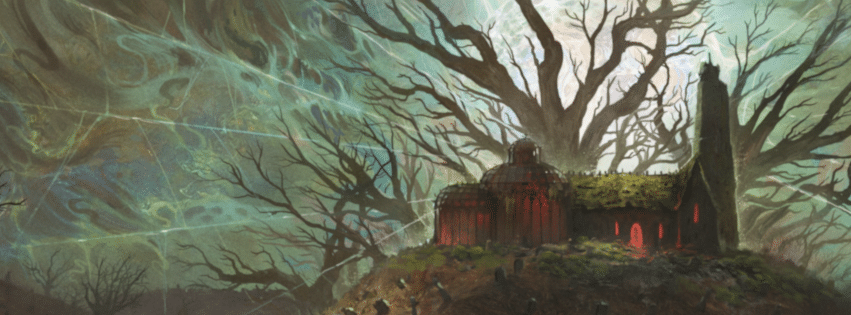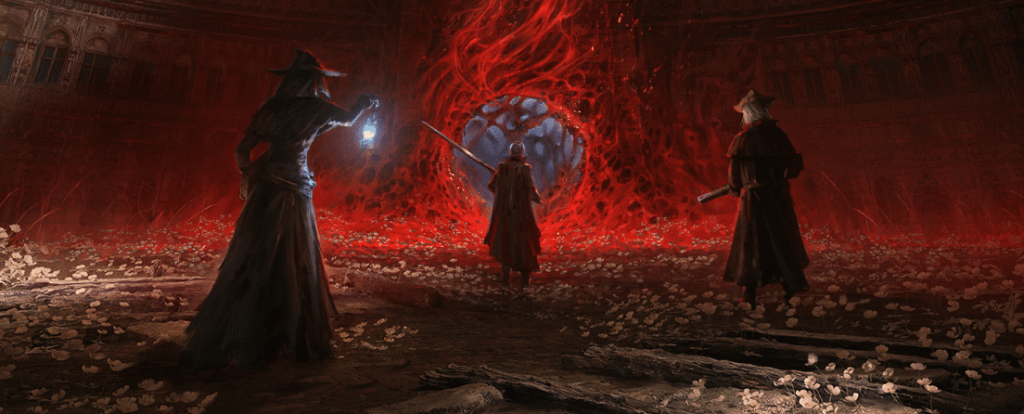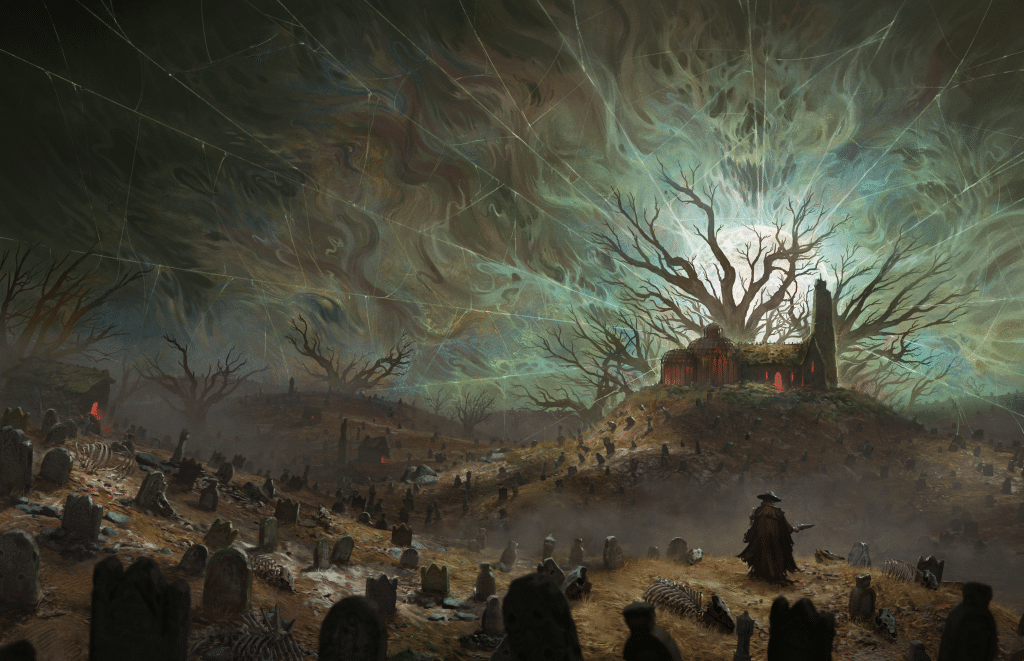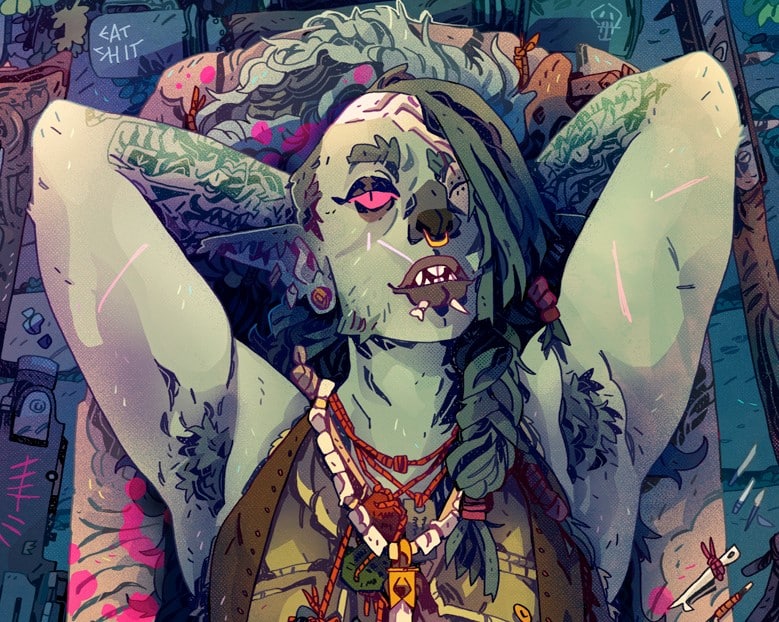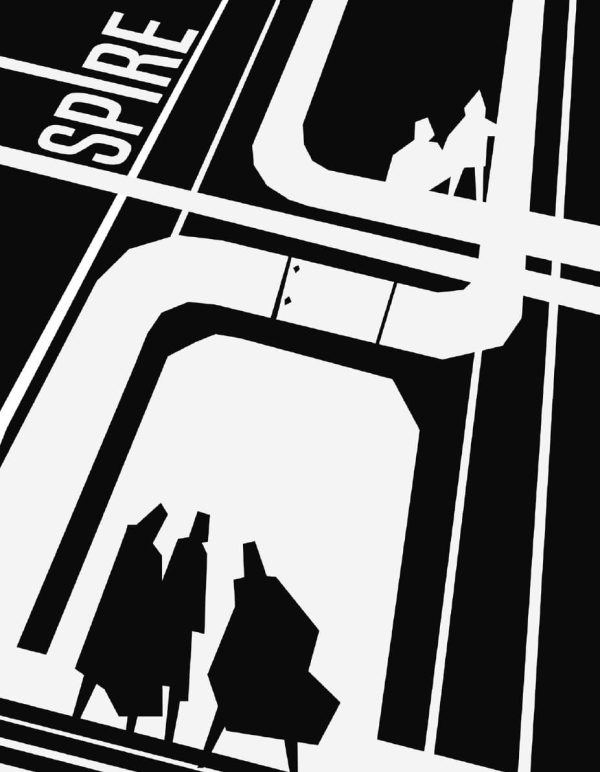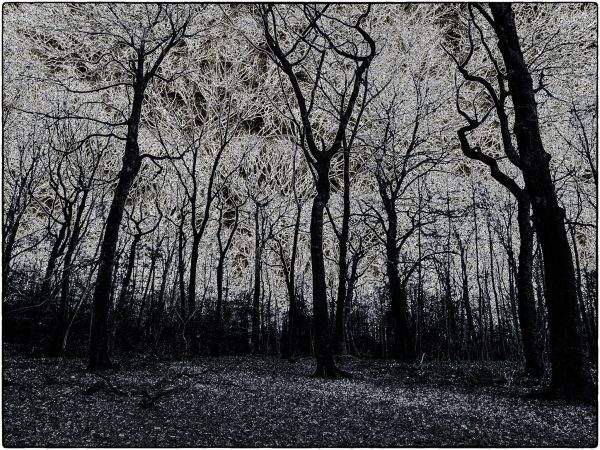Hollows is live on Backerkit now!
This world is sour. And here, sourer still – a rotten knot of rust and ruin, boiling beneath the real. A Hollow. Hollows is our upcoming full-length all-singing-all-dancing game which features: If you’ve enjoyed Chris and Grant’s work on Spire and Heart (or indeed one of the dozens of other titles to their names) then […]

